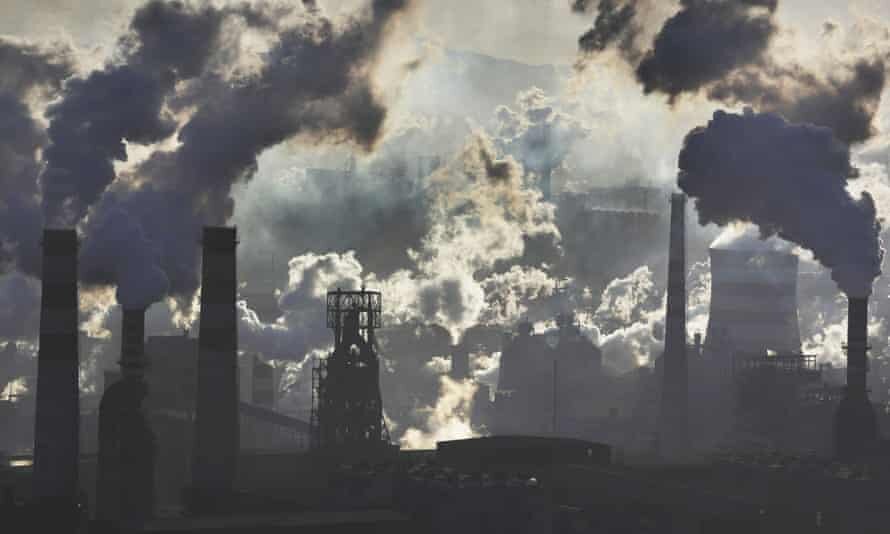Global warming is already affecting the inhabitants of Earth, humans and wildlife alike, this is majorly contributed by human activities.
Carbon dioxide is said to spurt by 1.5 billion tons in 2021 through global energy related means making it the second largest increase in history thereby reversing last year’s decrease caused by the Corona Virus pandemic. This would be the highest annual rise in emission since 2010.
In a report, it is estimated that carbon emission will increase by almost 5% this year, reaching 33 billion tonnes, the National global data as well as real time economic analysis growth trends projects that will bring new energy are set to come online.
The major key is coal, set to increase by 4.5% thereby surpassing 2019 level and getting to its peak from 2014 with electricity taking three-quarters of the increase.
The IEA Executive Director, Faith Birol said in a report that the global carbon emissions are set to drastically go higher by 1.5 billion tonnes this year, this is driven by the amount of coal used in the power sector, he further expressed that it is a dire warning to the economic recovery from the Covid crisis is presently anything but sustainable for the climate.
Because of the emerging markets and economic development, global energy demands are ready to go higher by 4.6% this year, increasing it past the 2019 level.
The demand for fossil fuel is growing rapidly this year with coal and gas rising above the 2019 level as well as oil as a result of the aviation sector.
Notewardly, Africa is not an impact source of carbon as they can only account for just 2 to 3 percent of the global carbon emission from its energy and industries. Making it the continent with the lowest carbon emission. In 2000, Africa’s metric tons of carbon emission was 0.8 compared with the global 3.9 tons per person.
Notwithstanding, Africa is going after a win win situation to reduce carbon emission as they are mostly susceptible to climate change and are already experiencing its impact.
Since Africa contributes the least to global warming in total, they therefore account for the lowest share in greenhouse gas (GHG) emission compared to big emitters like America, China and the European Union which account for 23 percent, 19 percent and 13 percent respectively.
It would take Ethiopia 240 years to make the same amount of carbon footprint as the average American says the Africa Progress Panel.
Most of the carbon emission from Africa is from land use, which is forest degradation and deforestation which is tied to charcoal.



















